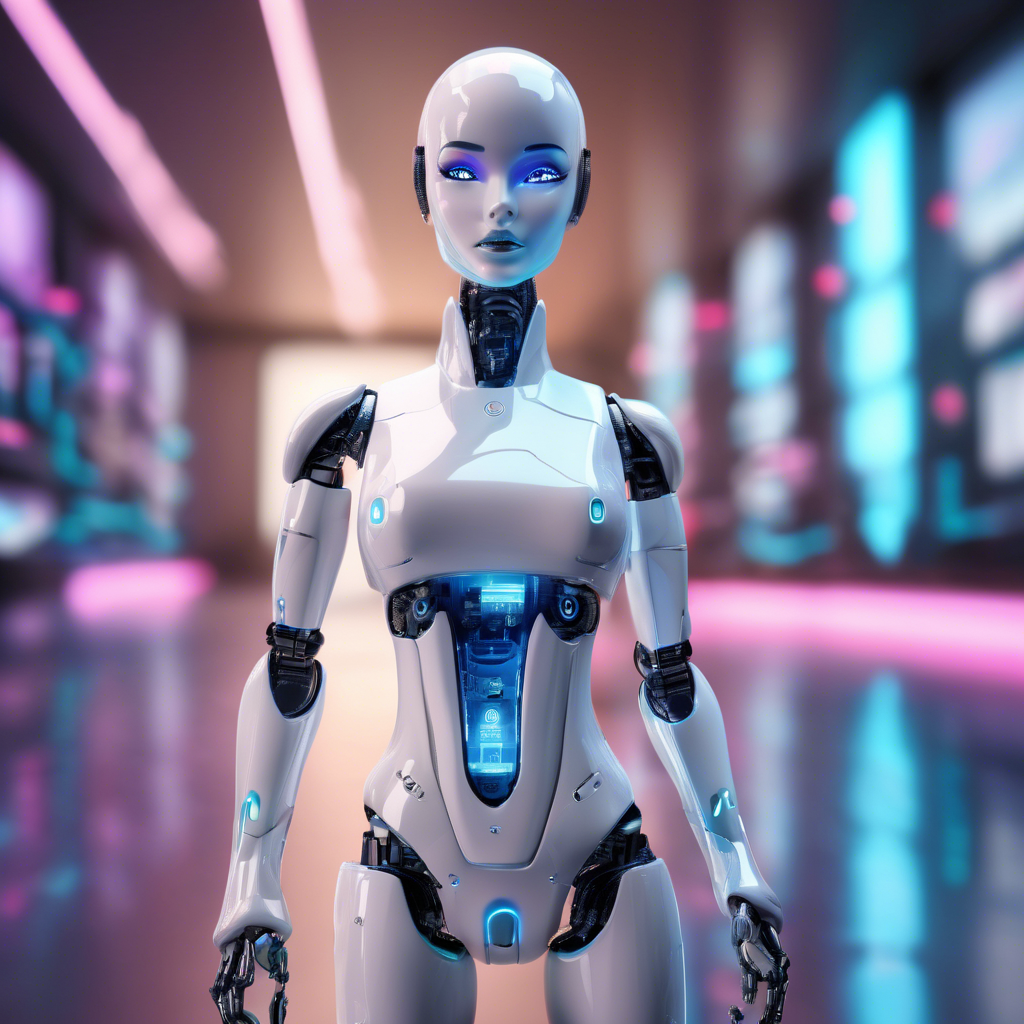
The AI Barbie trend has rapidly gained popularity on social media, as users employ artificial intelligence tools to create Barbie-themed avatars and images. This blend of generative AI and popular culture represents a novel way people engage with the iconic Barbie doll. However, alongside its appeal, significant legal and regulatory challenges have arisen, particularly concerning intellectual property, privacy, and ethical AI use. Central to these issues is Mattel, the intellectual property owner of Barbie. Since Barbie is a trademarked and copyrighted character, Mattel holds exclusive rights over its depiction and use. AI-generated Barbie-inspired content could prompt Mattel to claim copyright or trademark infringement, especially if these images are commercially exploited or widely shared without authorization. Moreover, Barbie’s likeness in AI images occupies a legal gray area, as traditional copyright laws do not clearly address AI’s autonomous content creation. Ownership rights add further complexity. Copyright laws typically protect human-created works, but AI-generated content falls outside these norms. It remains unclear whether the AI tool developer, the user generating the image, or neither owns rights to such images. This ambiguity concerns influencers and brands using AI Barbie images in marketing, as undisclosed sponsorships or implying Mattel’s endorsement might lead to accusations of deceptive advertising or unfair competition. Privacy issues are also significant. Many AI Barbie applications require users to upload facial photos or biometric data to craft personalized avatars. Laws like the EU’s GDPR, California’s CCPA, and Illinois’ BIPA classify biometric data as sensitive personal information, demanding strict safeguards. Yet, many AI Barbie platforms lack clear data policies or transparent disclosures about data collection, storage, and sharing. This opacity raises risks of biometric data misuse, potentially leading to identity theft or unauthorized profiling.
AI systems may also face cybersecurity threats, such as image injection attacks or mass data harvesting, putting user data at risk. These challenges underscore the necessity for developers to implement strong security measures, maintain transparency, and secure informed user consent before processing sensitive information. Regulatory bodies are beginning to tackle these concerns. The proposed European Union Artificial Intelligence Act, for example, emphasizes transparency, accountability, and ethical use of AI, particularly with biometric data. Similarly, U. S. state laws are evolving to clarify AI and data privacy regulations. Such initiatives reflect increasing governmental recognition that AI trends like AI Barbie require updated legal oversight. For creators, developers, influencers, and brands involved with AI Barbie, following best practices is critical to avoid legal issues. This includes obtaining licenses or permissions to use Barbie’s likeness, complying with data protection laws through clear policies and user consent, and exercising caution in marketing to prevent misleading claims. Ethical considerations are equally important. Responsible AI use means not only following laws but also building user trust by prioritizing privacy, security, and fairness. As AI and pop culture continue to intersect, stakeholders must stay informed of legal changes and adopt proactive measures to manage risks. In summary, the AI Barbie trend merges technology and creativity but reveals complex challenges involving intellectual property, privacy, and ethical AI application. Addressing these requires collaboration among Mattel, AI developers, policymakers, and users to ensure innovation advances within a framework respecting rights and responsibilities. Moving forward, vigilant oversight, thoughtful regulation, and commitment to protecting creative expression and individual privacy are essential in the evolving AI landscape.
Legal and Privacy Challenges of the AI Barbie Trend: Intellectual Property and Ethical AI Use


Google Cloud has announced a major partnership with Anthropic, a leading AI company, to expand the use of Google’s TPU (Tensor Processing Unit) chips for training upcoming versions of Anthropic’s Claude AI models.

On October 18, 2025, during the nationwide “No Kings” protests across the United States, President Donald Trump posted a controversial AI-generated video on his platform, Truth Social.

Liu Liehong, Secretary of the Party Leadership Group and Director of the National Data Bureau, recently conducted a detailed survey at two leading intelligent technology companies: Reeman Intelligent Technology Co., Ltd.

Otterly.ai, an innovative Austrian software company founded in 2024, is advancing AI-powered search and answer technologies by providing specialized tools to monitor and optimize brand visibility within these evolving platforms.

A recent MarketsandMarkets report highlights rapid growth in the artificial intelligence (AI) market for sales and marketing, projecting an increase from USD 57.99 billion in 2025 to USD 240.58 billion by 2030—a compound annual growth rate (CAGR) of 32.9%.

Allie Kelly, CMO at Intentsify, examines how Artificial Intelligence (AI) is revolutionizing intent data use and unlocking precision in B2B marketing.

AppLovin APP is marking a significant milestone this October as it accelerates its evolution from a mobile gaming company into a comprehensive AI-driven advertising powerhouse.
Launch your AI-powered team to automate Marketing, Sales & Growth

and get clients on autopilot — from social media and search engines. No ads needed
Begin getting your first leads today